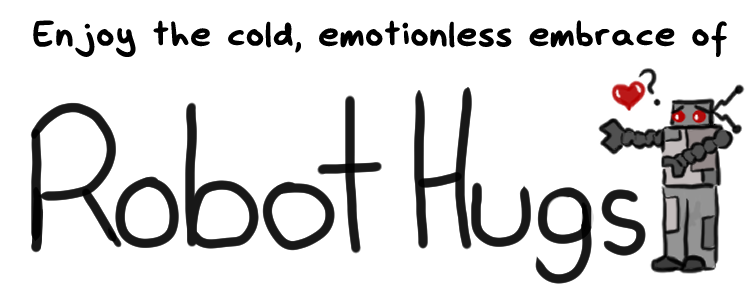
How is Other used as a category, though?
Other is a really strange category. While other categories refer to defined things, Other doesn't refer to or describe anything except 'undefined' or 'unnamed'. As a category, it's used to 'catch' things that don't fall into named categories. A way of seeing what's 'normal' in a system is to see what has names, and what ends up under 'other'.
The unique thing about Other is that you don't know what it contains. You have to actually open it up and look inside it.
Let's look at a few examples:
The Dewed Decimal System uses Other fairly frequently, and in doing so clearly shows whose information it was built to capture.
for example, take Class 200, Religion.
20 Religion
21 Philosophy and Theory
22 The bible
23 Christianity
24 Christian Practice and Observance
25 Christian Pastoral Practice and Religions Orders
26 Christian organization, Social Work, and Worship
27 History of Christianity
28 Christian Denominations
29 Other Religions
Oh, there are lots of religions! that's a very diverse category.
That sure is true, but if you're anything other than Christian, you're going to have to find out about your religion in Other Religions.
Well, I'd like to find out more about my grandmother's religion. She's a member of the Nunga People of Australia.
Ooh, for that you'll have to go much deeper.
200 Religion
29 Other Religions
299 Religions not found elsewhere
299.9 Religions of Other Origin
299.92 Religions of other ethnic origin
299.215 Aboriginal Australian Religions.
Your family has been thrice othered and once elsed!
Is the entire DDS like this?
Well... let's look at Class 400, Language.
Here are all the languages and broadly associated regions that have major category labels under 400:
42 English
43 German
44 French
45 Italian/Romance
46 Spanish, Portuguese
47 Latin, Italic
48 Greek
Here are the languages and broadly associated regions under category 49: Other languages
491 East Indo-Euro
492 Afro Asiatic
493 Non-semitic Afro Asiatic
494 Misc South Asia
495 East and South East Asia
496 African Languages
497 North American Native
498 South American ative
499 Non-Austronesian languages of Oceania, Austronesian languages, miscellaneous languages
So, 'Other' In the DDS means...
Things that aren't white, European, christian, or western. Yup!
That makes me sad.
Where else do you find Other as a category?
Oh yes - forms! Other happens quite a lot!
Other is more frequently an option when there is more social ambiguity about what constitutes a complete category.
For example, Religion on forms often has an Other - there are hundreds of religions and we understand that a list might not capture everything!
Religion:
Babism
Baha'i
Christianity
Gnosticism
Islam
Druze
Other occurs much less frequently in Gender fields, because the social construct of a fixed, binary gender is still widely accepted.
Gender:
Male
Female
Other as a field on forms often comes with an extra field that allows a person to fill in what they would use as a label. This is pretty cool - an opportunity to self identify!
Next up: What does it mean to self identify?





